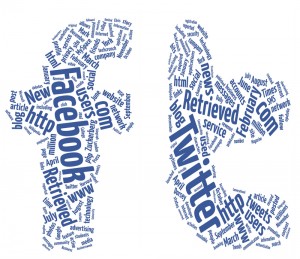 A new survey by the Pew Research Center’s Internet & American Life Project reveals that Americans in all age groups are going online for no reason other than to pass the time of day.
A new survey by the Pew Research Center’s Internet & American Life Project reveals that Americans in all age groups are going online for no reason other than to pass the time of day.
The study found that 53 percent of all young adults ages 18-29 and 58 percent of all adults in all age groups use the Internet as a diversion from daily life. According to Pew researchers, these figures are higher than in 2009, when Pew last asked how adults use the Internet, and “vastly higher” than in the mid-2000s.
PEW attributes this hike in Internet usage to several trends, including the rise of broadband connections, the increasing use of video that is enabled by these high-speed connections, and the “explosion” of social networking.
“When they have some down time, more and more [people] are finding the Internet a fun, diverting place to spend their leisure moments,” said Lee Rainie, author of the Pew report. “It’s not necessarily surprising to see that this is a favorite pastime of young adults. It is a bit surprising to see that the incidence of this use has grown in every age demographic. The Internet is not just the playground of the young.”
We can’t help but worry about this trend.
Some of the greatest artists, inventors, leaders of industry have been known to say that it is during the so-called boring times, the down time, that they get their best ideas. That sometimes, in the absence of activity, creativity flourishes.
Other worthwhile pursuits also suffer when we fill our precious spare time going online just to have something to do. We’re frittering away time that we could spend playing with our children, walking with a friend, reading a book, writing a poem, planting a garden, or simply savoring a bit of quiet “me” time in our otherwise hectic lives.
It certainly bears thinking about.



